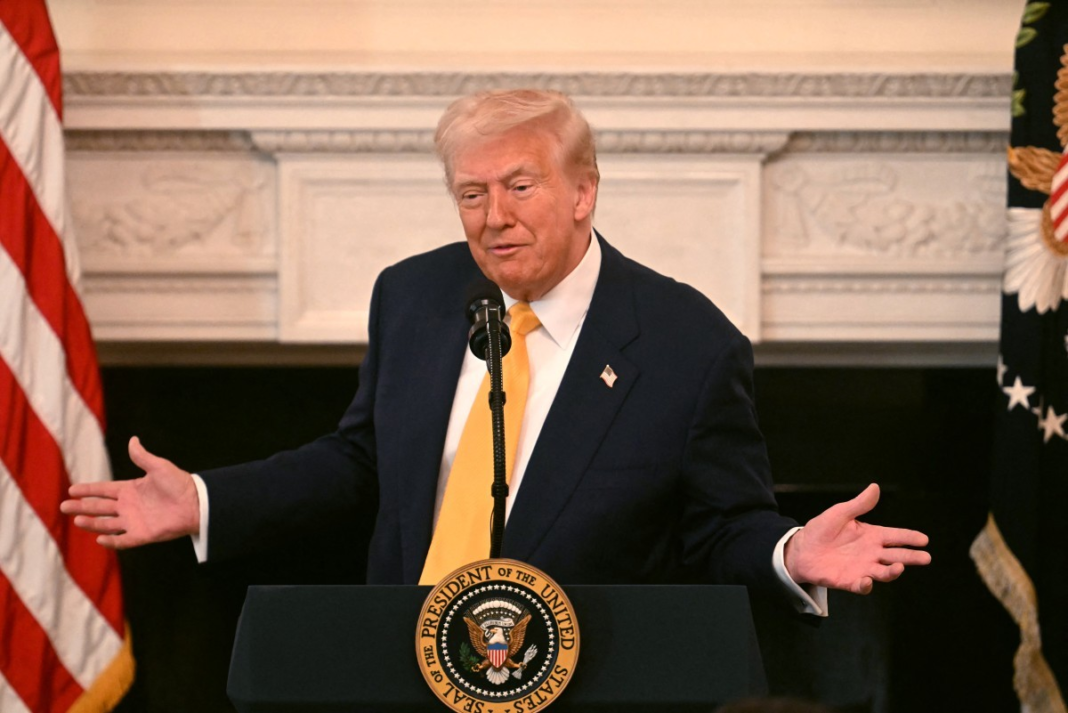The recent announcement by U.S. President Donald Trump regarding a 14% tariff on Nigerian exports has sent shockwaves through the global trade community. The move, described by Trump as part of a broader “reciprocal tariff” plan, aims to counteract what he perceives as unfair trade practices by imposing tariffs roughly half of what countries charge the U.S.
For Nigeria, this tariff adjustment is significant. Last year, Nigeria exported goods worth N931 billion to the United States, predominantly crude oil. However, with the new tariff, businesses and the economy might face challenges that could reshape trading dynamics. Trump cited “liberation day” as the kickoff for these tariffs, asserting that they will bring “$6 trillion in investments” to the U.S., although experts warn that American businesses and consumers could bear the burden of these tariffs.
As Nigeria navigates this new reality, its government and exporters must find strategies to adapt, ensuring that trade with the U.S. remains viable. Could this spark diversification in Nigeria’s export portfolio or deeper discussions around global trade policies? The effects of this policy will undoubtedly ripple far beyond the initial announcement.





